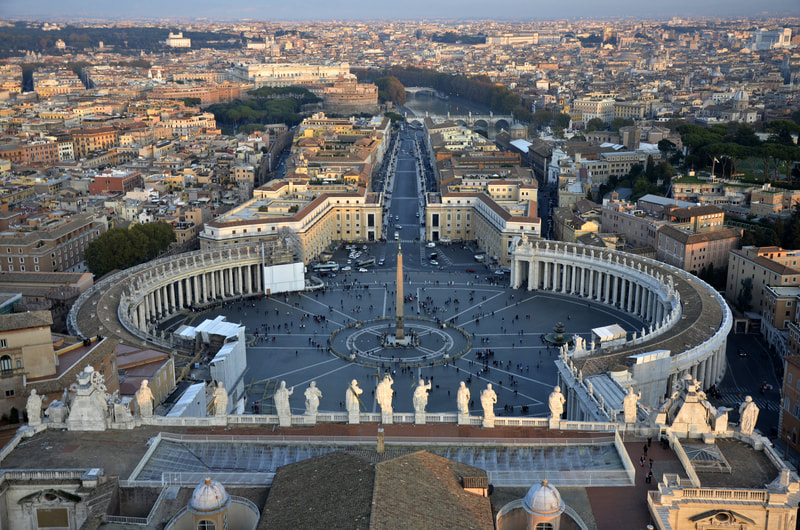- Religious people not affiliated to any church. Religion is important to them but few engage in traditional practices. (17%)
- People who struggle with their religious beliefs and are uncertain about the existence of an afterlife but consider themselves spiritual. (15%)
- Non–believers who think that organized religion does more harm than good. (12%)
- Solidly secular, Agnostics and Atheists (17%).
These percentages are generally increasing in all the above categories while the “Highly Devout”, actively involved in their church (29%), (some of them, 10%, also believing in psychics, reincarnation and that spiritual energy can be located in physical objects), are slowly declining. (for a total of 40%). This decline is highly disputed by religious organizations but is observable by the smaller congregations and empty church buildings being converted into more mundane uses, such as apartments and office buildings. The current revelations of unethical behaviour of many religious leaders will possibly also accelerate this decline.
What will that mean for society as a whole? The hope is that a secular society, with a strict separation between State and Church will develop, and that “freedom of religion” is respected in the way it was intended, as the freedom to believe in and practice any religion, and not as the distorted version of some religious groups that interprets it as the right to force their worldview on others. Morality is developed by our culture and cannot be derived from ancient scriptures which do not apply to our modern society. Wikipedia: "morality" refers to whatever (if anything) is actually right or wrong, which may be independent of the values or mores held by any particular peoples or cultures.”
This is not intended as a debate on morality. I leave that to a future OP. This is simply a conclusion based on the information gleaned from a recent Pew Research Centre Survey, a well-respected Institute.
Ben Andrews, www.origin-of-religion.com


 RSS Feed
RSS Feed